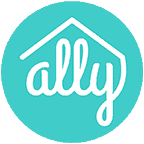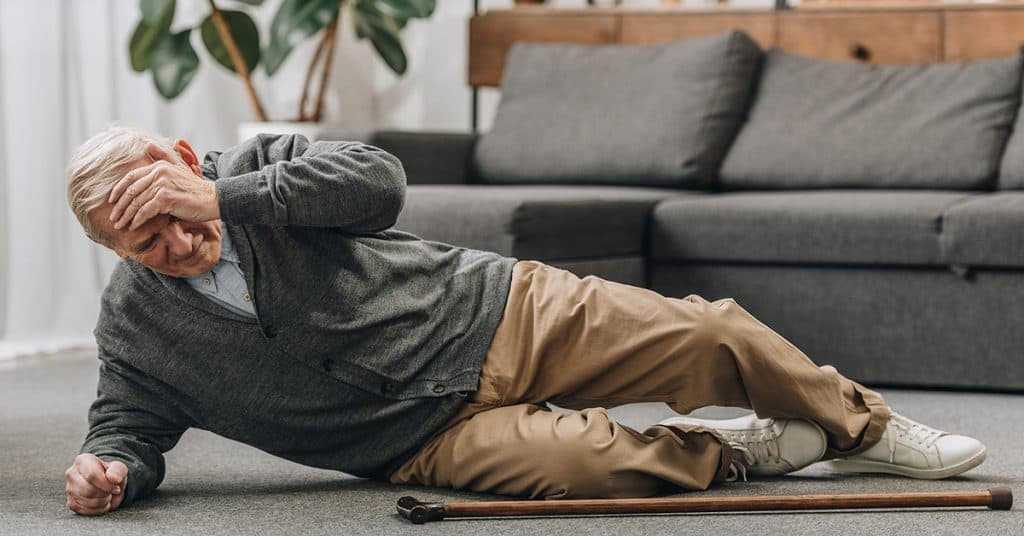Every year one-third of people over 65 have one or more falls. Furthermore, half of those over the age of 80 will experience a fall. With that in mind, it should be no surprise that injury caused by falls is the leading cause of accidental death for people over 75.
For those of us working in the care home industry, it’s concerning that fall rates in care settings are three times higher than that of older people living in their own homes, according to NHS Scotland.
There is a long list of possible reasons behind the higher fall rates including increased frailty of the individuals in care settings, more long term conditions, less physical activity, more medication consumption and the unfamiliarity of their surroundings.
Data from our customers shows that a leading cause of these falls is due to the unnecessary disturbance of residents at night during regular checks.
By using Ally to reduce disturbance rates and provide timely care, it should be no surprise that our customers see a 56% reduction in hospital admissions, especially given the NHS reports that 40% of hospital admissions originating from care homes directly follow a fall.
The Impact of Falls
For care homes, the impact of falls can be extreme, both in terms of resident health and wellbeing, but also with all of the other stakeholders in the home.

Residents – Health & Wellbeing
The primary impact of falls is obviously to residents, with 25% who fall in care homes suffering serious injuries, and the average hospital admission lasting nearly 4 days. According to the NHS, hospital admissions lose elderly residents the equivalent of 10-years of muscle mass per 10-days when lying in a hospital bed. For these older residents, falls can be the difference between continued mobility or not.
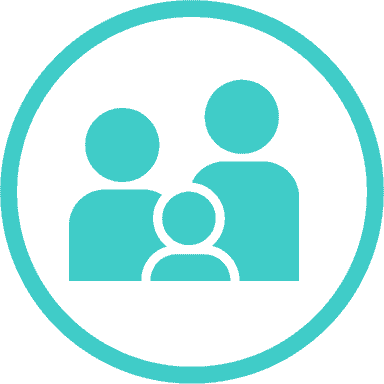
Families – Anger and Upset
Families are often left with feelings of guilt for not being there for their relatives. They are also often upset with the care home as they feel the need to apportion blame for the incident. Depending on the outcome of the post-fall enquiries, they sometimes look to move their family member to a different care setting.

Carers – Guilt and Anxiety
For carers, it is a traumatic experience to discover one of their residents lying on the floor after a fall. Feelings of guilt and anxiety can reduce staff morale and lead to higher staff turnover.
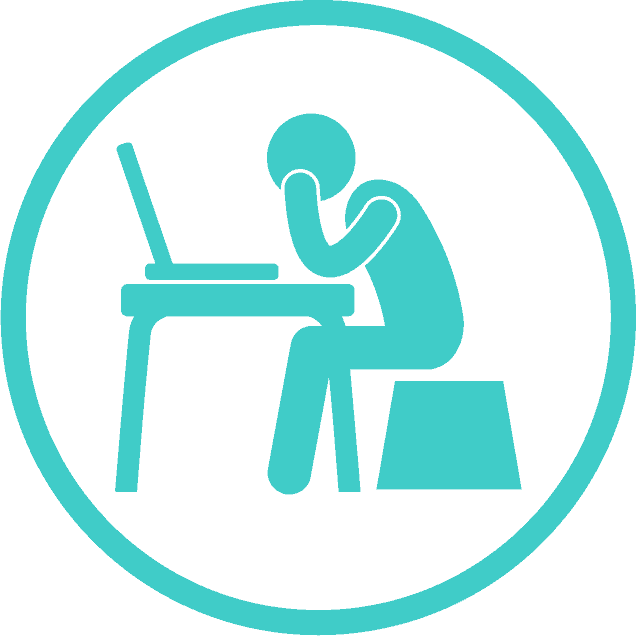
Managers – Time and Stress
Every fall means time and stress spent investigating, reporting to the CQC, and dealing with families. On top of this it is emotionally distressing to see residents they care about fall. One care home manager spoke about her upset after investigating a fall and finding it was caused by a regular check disturbing the resident.
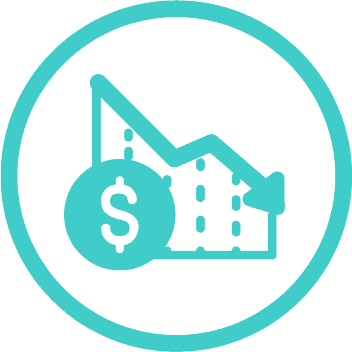
Businesses – Reputation and Revenue
For each fall there is a risk of litigation, negative publicity and repercussions from the CQC. Any downgrading of rating, embargoing on new admissions or fines can have a serious financial impact on the business. Just recently a care home operator was fined £200k for a night-time fall and “failing in its legal duty to provide safe care”. On top of this, falls often reduce the length of stay at a care home and mitigating them helps keep beds full and revenues up.
Ally Prevents Falls & Gives You Peace of Mind
Ally’s unique resident monitoring solution includes artificial intelligence that detects and alerts to unusual movement and sounds in a residents room. By instantly alerting staff when residents need attention, Ally helps reduce regular checks of peacefully sleeping residents, which are often the cause of falls related to unnecessary night-time disturbance.
Ally works with numerous happy customers as well as the NHS and is recognised by Care England.
I now see the care notes saying ‘heard them calling for help’ or ‘found them on the edge of the bed’. My team can now assist residents before anything happens. We have seen night-time falls drop by over 50%
In an NHS-backed study, Ally observed that most falls happen shortly after a resident is disturbed by a regular check, often within 45-minutes of the visit.. For homes that don’t use Ally, that means that residents can wait well over an hour for help.
By alerting staff early and reducing disturbances Ally has been shown to:
%
Fewer Falls
%
Fewer Hospital Admissions
Should Falls Be This Common In Care Homes?
While there are a number of different reasons that falls can be more common in care homes, nightly disturbances has been proven to be an area where improvement is both possible and easy to implement. And the benefits couldn’t be clearer:
-
For residents, their wellbeing and quality of life is improved
-
Carers are less stressed and providing the care they know is right
-
Care home managers can sleep at night knowing that they’re not ‘over-caring’
-
Business benefits from higher occupancy rates and higher new admissions
